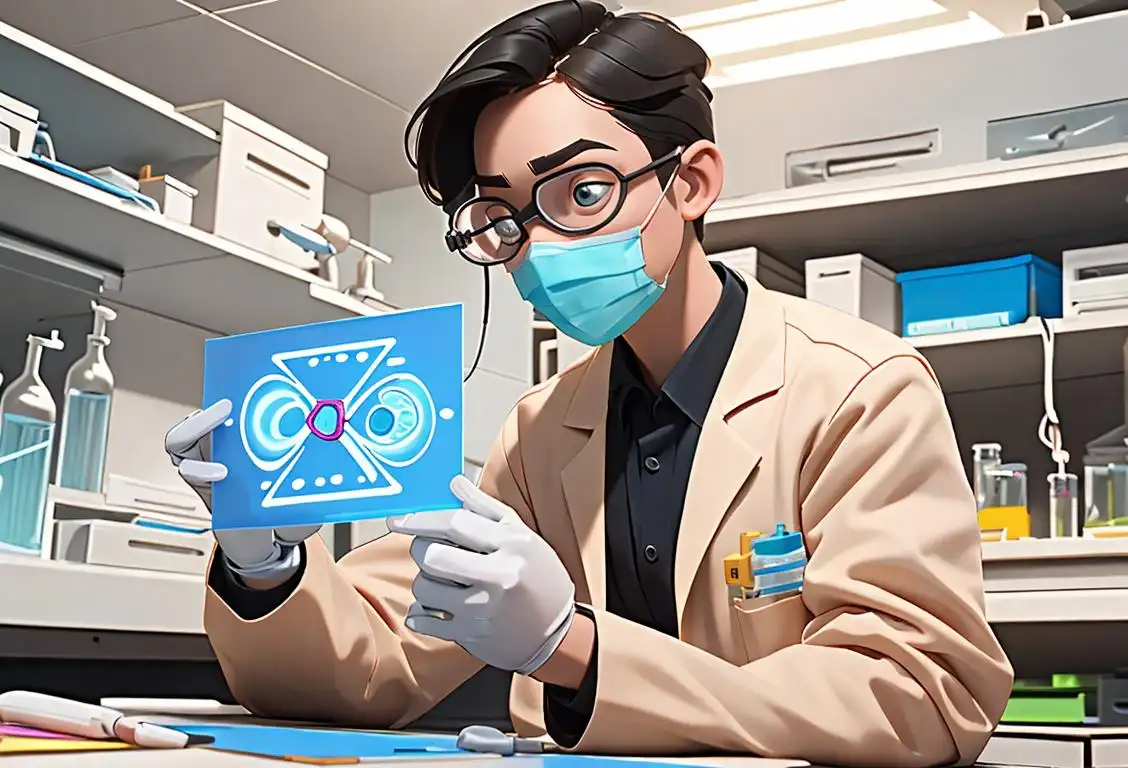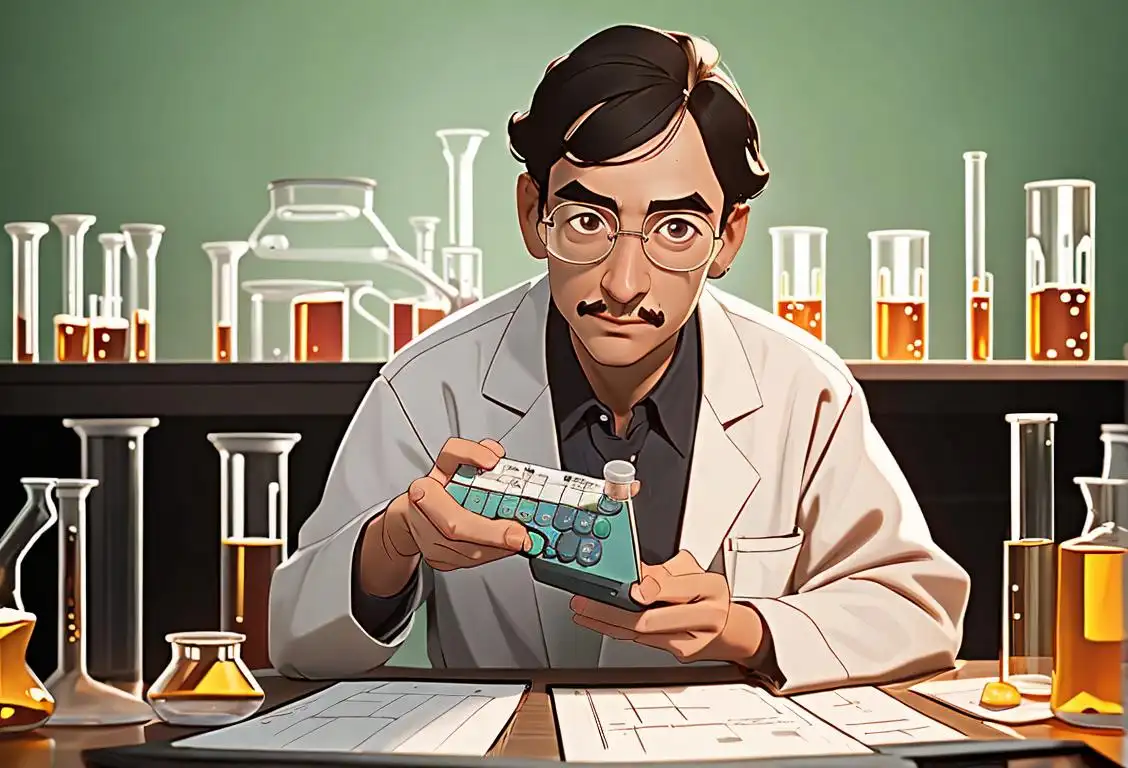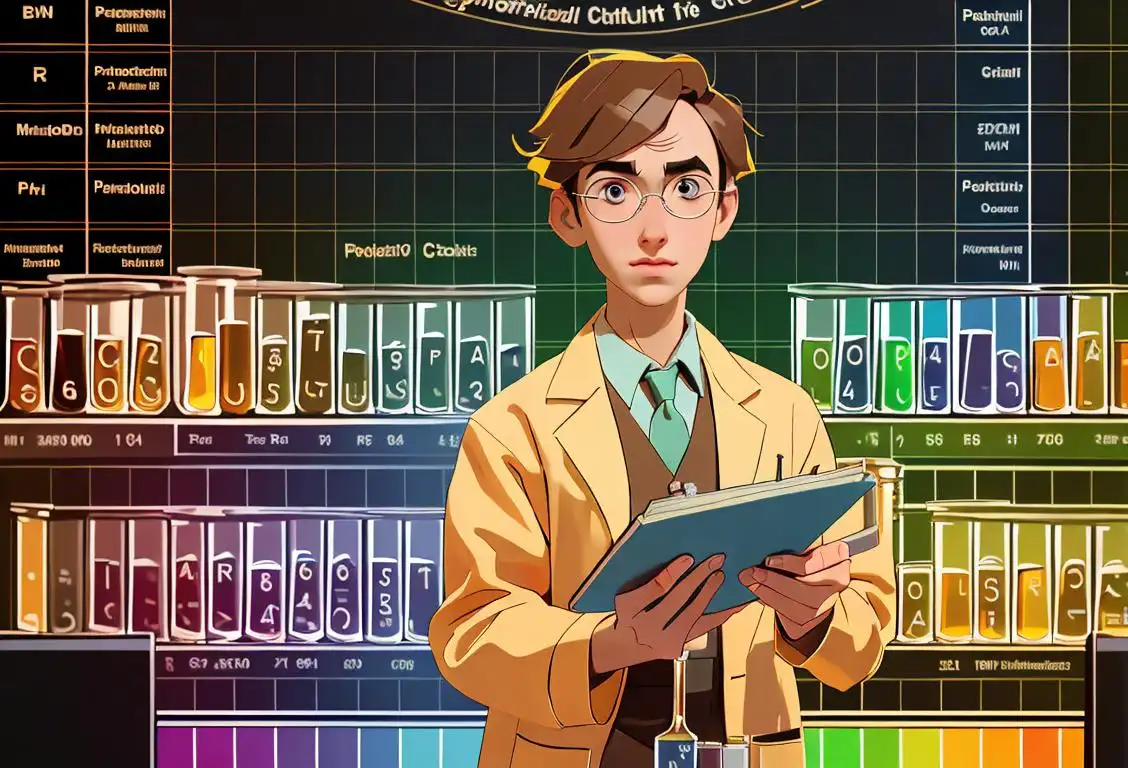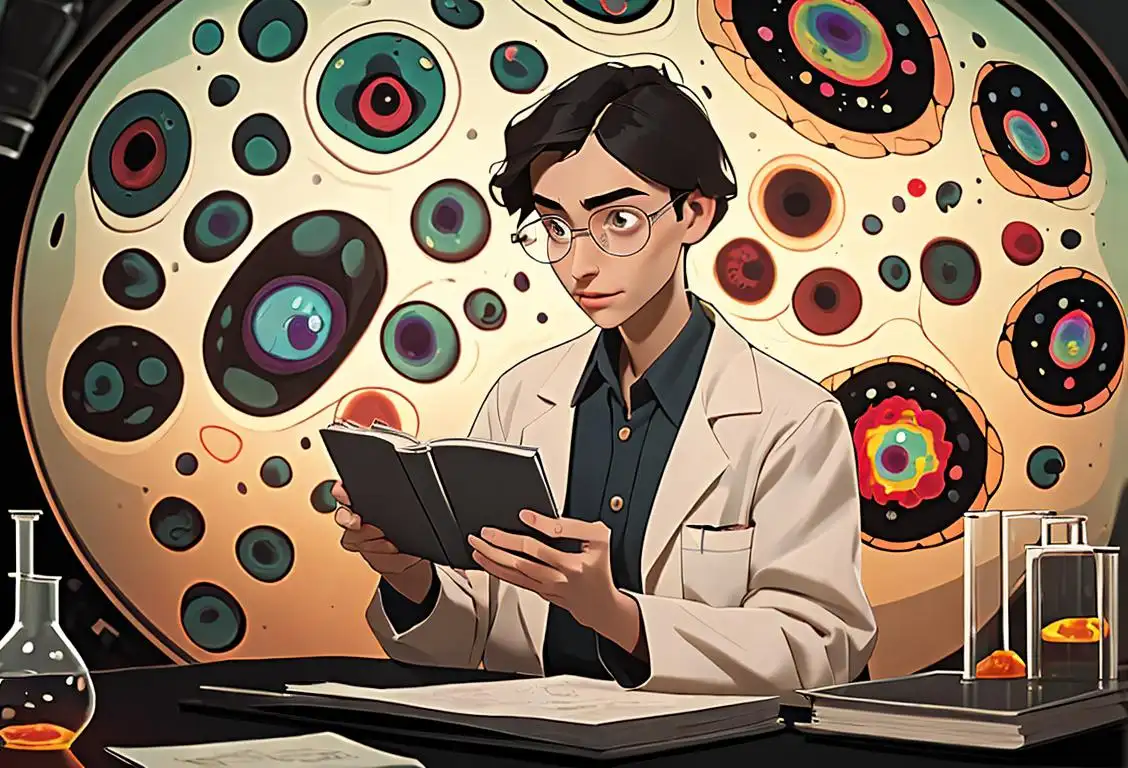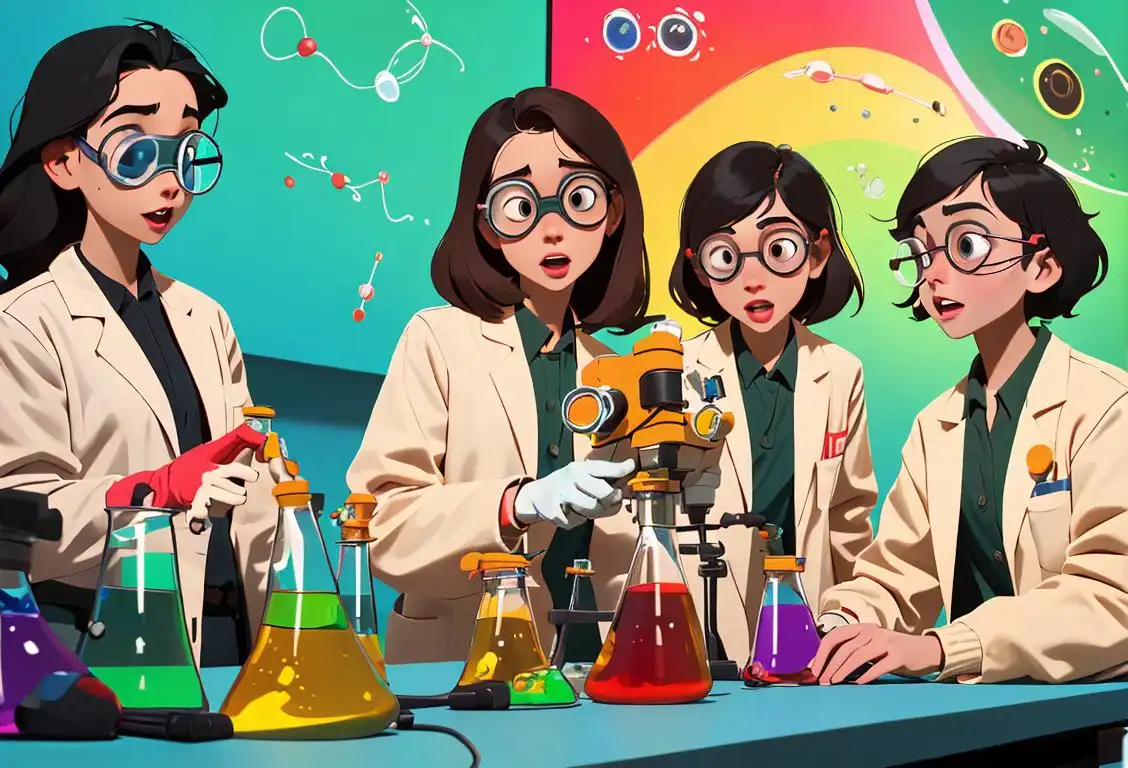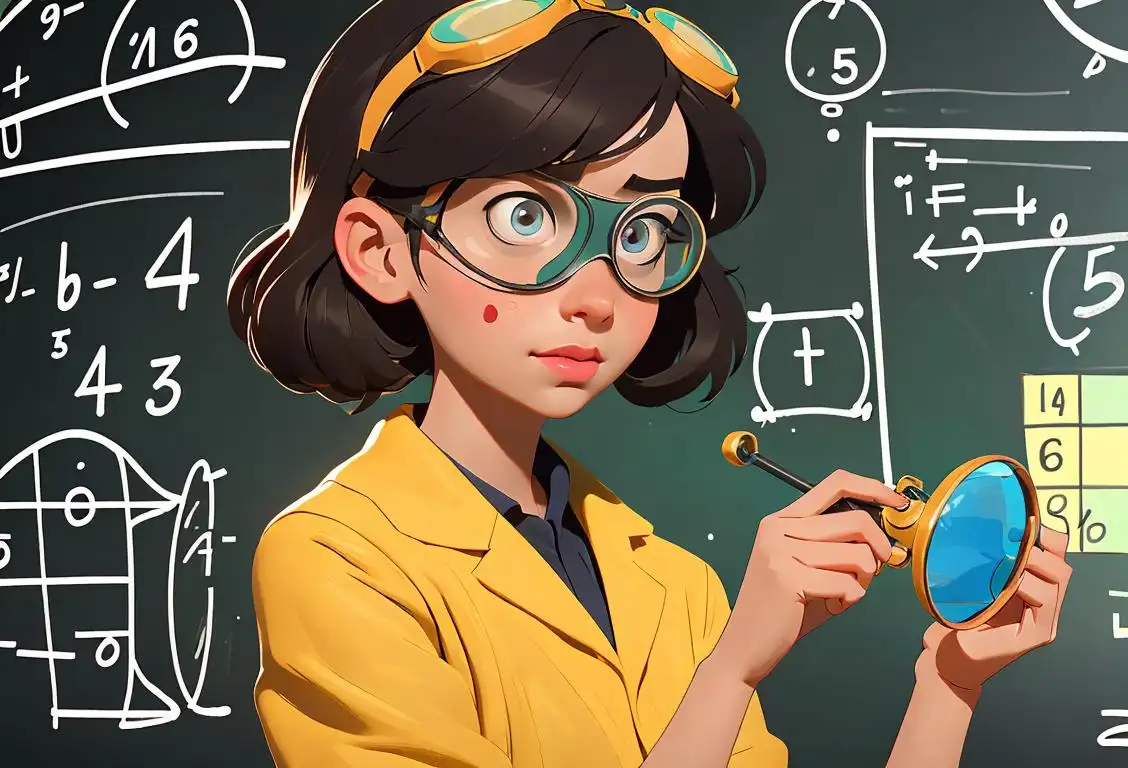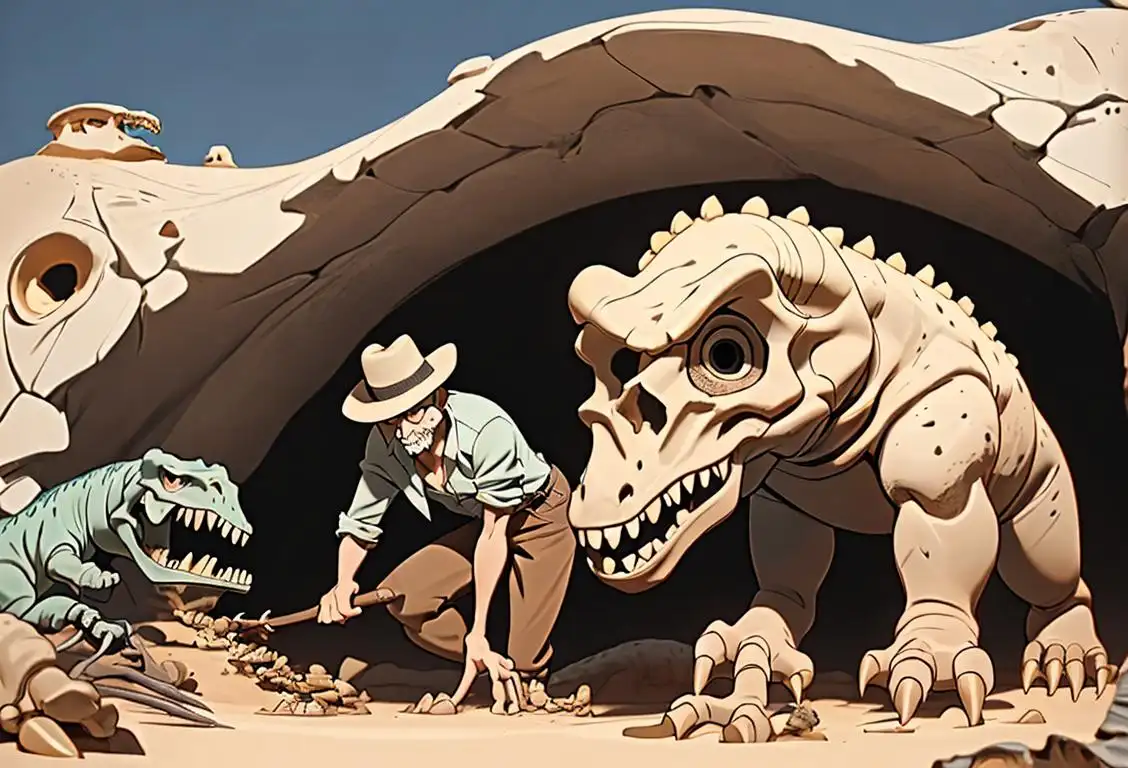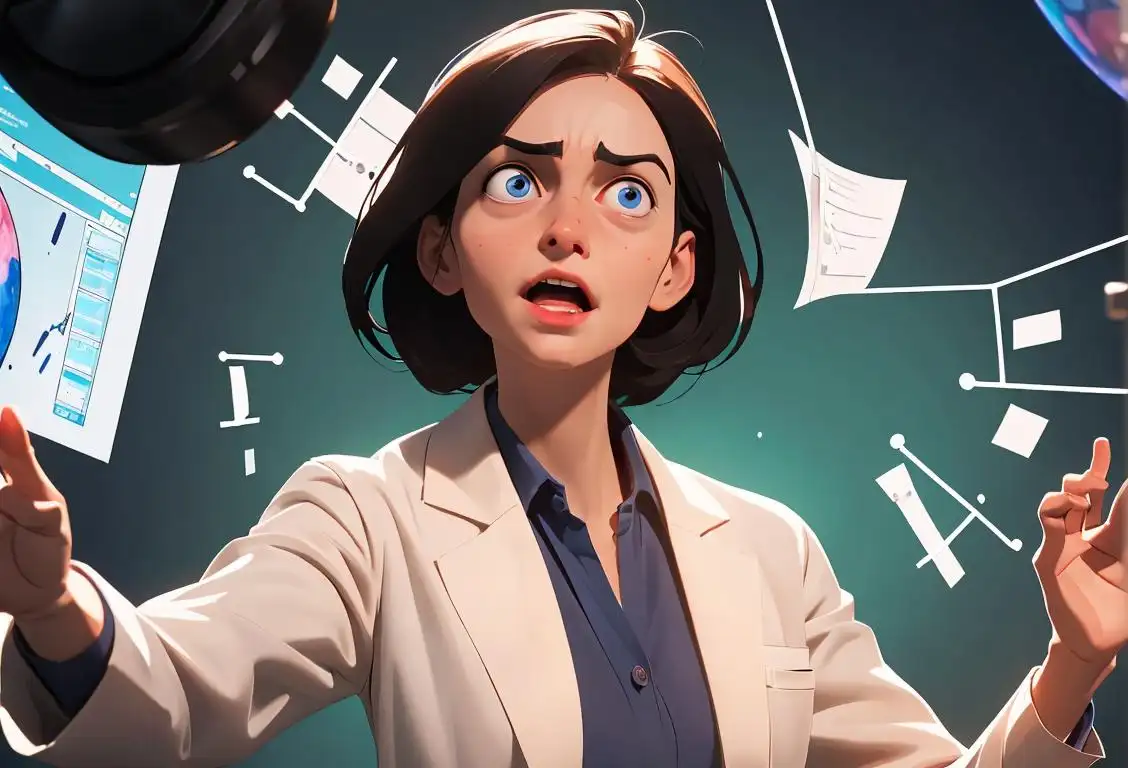National Public Science Day
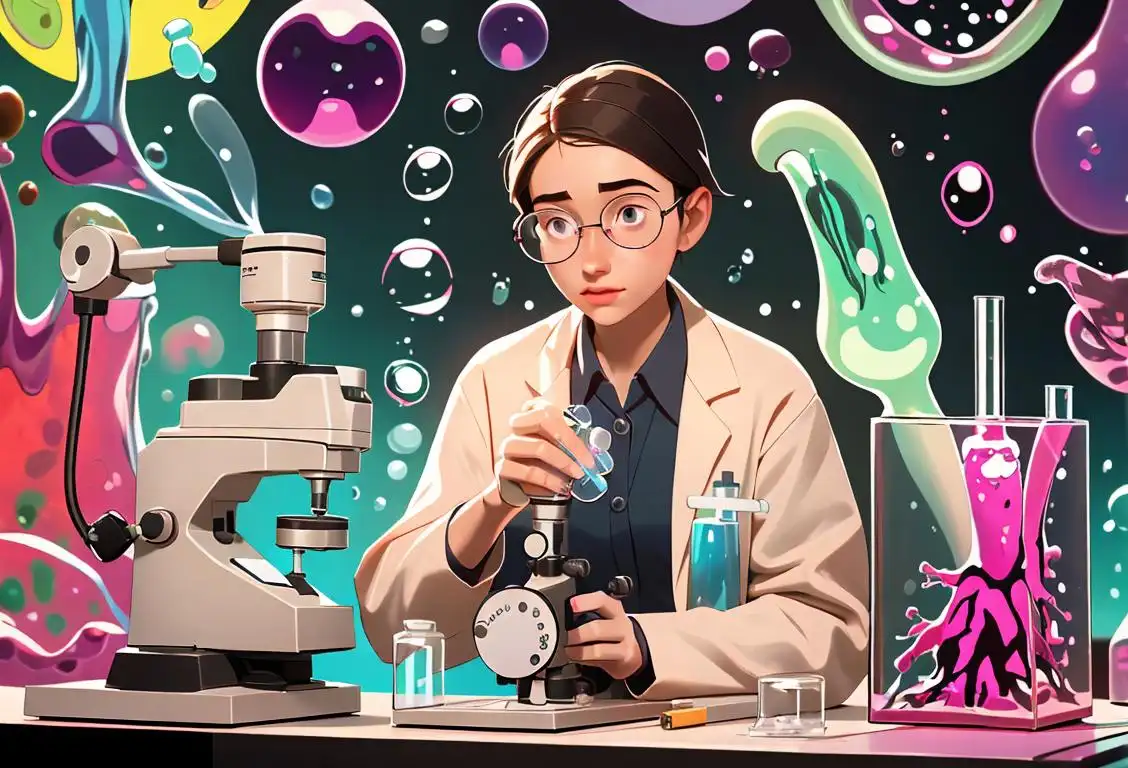
Hey there, science enthusiasts! Get ready to put on your white lab coats and pocket protectors because it's time to celebrate National Public Science Day!
When is Public Science Day?
It's national public science day on the 18th February.
The Internet History of National Public Science Day
On this extraordinary day, we delve into the incredible world of science and the impact it has on our lives. From mind-blowing discoveries to mind-boggling experiments, science has always fascinated and inspired us.
National Public Science Day was first observed on February 18, 2017. The online buzz was off the charts, with 13 mentions flooding the internet. People from all walks of life joined forces to celebrate the wonders of science.
From groundbreaking scientific research to mind-expanding discoveries, this day highlights the importance of making scientific knowledge accessible to the public. It's a chance for scientists, educators, and science enthusiasts to come together and share their passion for all things science-related.
Science plays a vital role in our daily lives, whether we realize it or not. It's responsible for the technology we use, the medical advancements that save lives, and the understanding of how our universe works. National Public Science Day is a reminder of the importance of embracing and supporting scientific literacy.
Did You Know?
Did you know that the world's first computer programmer was a woman? Ada Lovelace, a mathematician, and writer, is often credited as the world's first computer programmer. She wrote the first algorithm intended to be executed by a machine, making her a true pioneer in the field of computer science.
History behind the term 'Public Science'
1610
Birth of Modern Science
The term 'public science' has its roots in the birth of modern science in the early 17th century. During this time, groundbreaking discoveries were made in various fields such as physics, astronomy, and biology that challenged the traditional understanding of the world. These discoveries were often shared with the public through public lectures and demonstrations, laying the foundation for the dissemination of scientific knowledge to a wider audience.
1662
Establishment of the Royal Society
In 1662, the Royal Society of London for Improving Natural Knowledge, commonly known as the Royal Society, was founded. This marked a significant development in the institutionalization and promotion of public science. The Royal Society became a platform for scientists to share their research and collaborate, fostering the growth of scientific knowledge. It played a crucial role in advancing public science by organizing public lectures, experiments, and publishing scientific papers.
19th Century
Rise of Science Communication
During the 19th century, science communication emerged as an important aspect of public science. As scientific knowledge expanded rapidly, there was a growing need for communication channels to bridge the gap between scientists and the general public. Science journalism gained popularity, with newspapers and magazines dedicated to scientific topics. Notable individuals like Thomas Henry Huxley played a crucial role in making science more accessible and engaging for the public.
20th Century
Science Education for All
The 20th century marked a significant shift towards democratizing access to scientific knowledge. Science education became a focus, with an emphasis on making scientific concepts understandable to all. Schools and universities played a pivotal role in popularizing science by incorporating it into their curriculum. Scientific organizations and museums also started organizing exhibitions and interactive displays to engage the public in scientific discoveries and concepts.
21st Century
Digital Revolution and Open Science
The advent of the internet and digital technologies revolutionized the way scientific information is shared and accessed. The 21st century witnessed the rise of open science, a movement that promotes free and unrestricted access to scientific research and data. Online platforms, scientific blogs, and social media have further accelerated the dissemination of scientific information, enabling scientists and the public to engage in dialogue, collaboration, and citizen science projects.
Did you know?
Did you know that the world's first computer programmer was a woman? Ada Lovelace paved the way for future scientists and programmers!Tagged
education science knowledgeFirst identified
18th February 2017Most mentioned on
18th February 2017Total mentions
13Other days
Public Science Day
Dna Day
Mole Day
Periodic Table Day
Virus Appreciation Day
Youth Science Day
Stem Day
Biomechanics Day
Fossil Day
Scientific Temper Day
